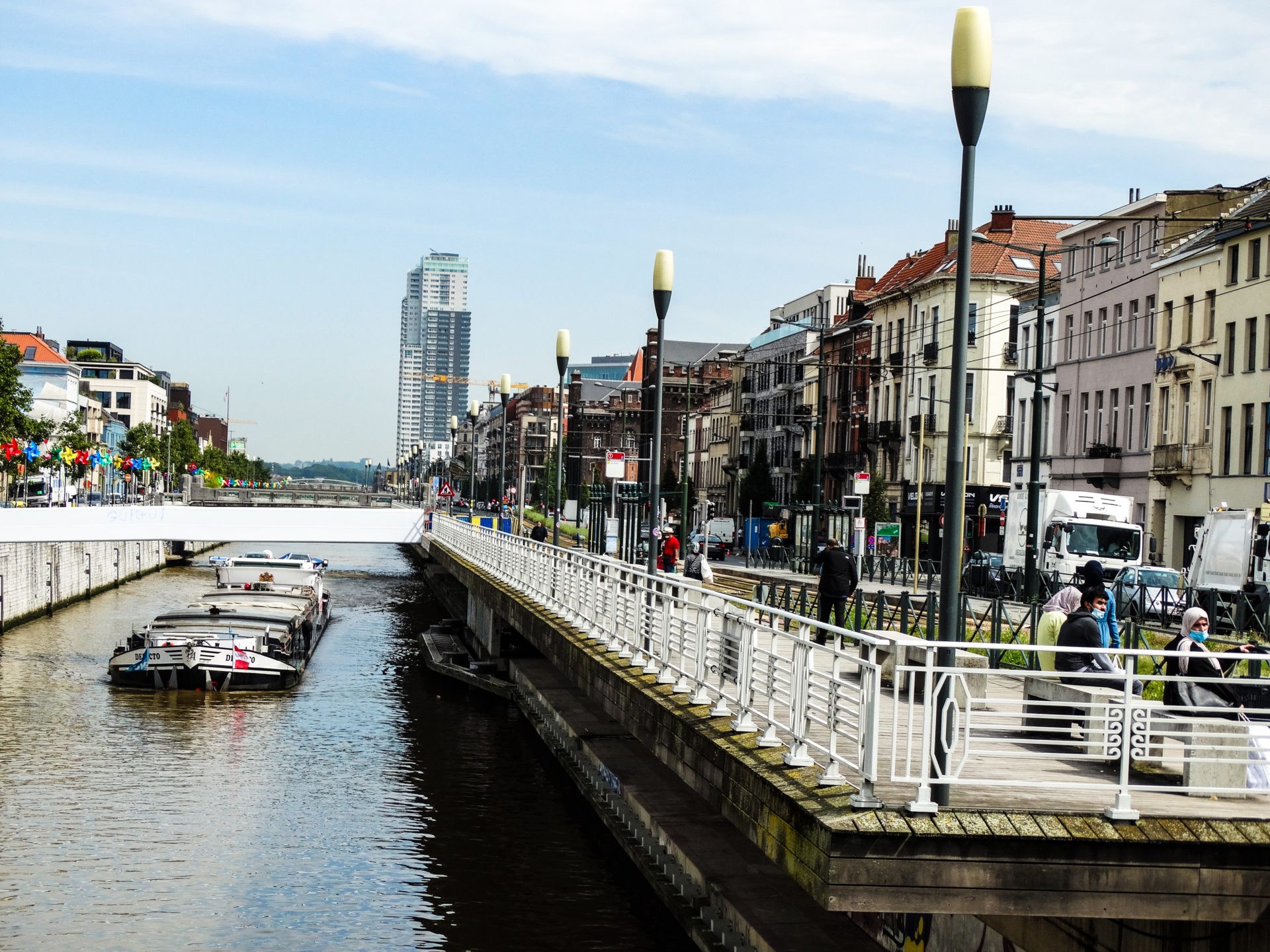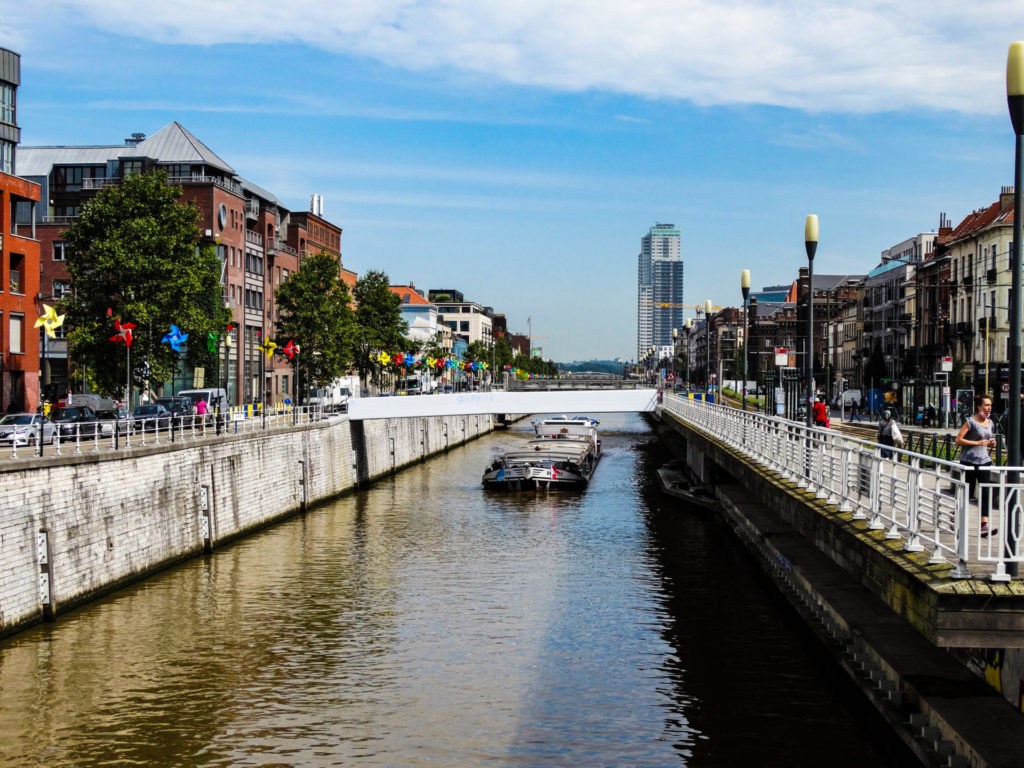Twenty-three environmental organisations have written an open letter to Brussels Minister for the Environment Alain Maron (Ecolo) and Minister-President Rudi Vervoort (PS), demanding concrete actions to clean up the Brussels canal.
They say an update of the current sewage system is essential, Bruzz reports, arguing that the overflows from the sewers cause pollution.
Brussels Parliament will soon discuss the water management plan for 2022-2027, and the city has until 2027 to achieve the objectives of the European Water Framework Directive.
But the current state of the canal is poor: much of Brussels’ rainwater flows directly into the sewers, where it mixes with waste and then overflows in watercourses like the canal as often as eight to 10 times a month, causing millions of cubic metres of polluted sewage to end up in the waterways every year.
Related News
- ‘Smoother and safer’: Brussels Sainctelette to undergo complete redevelopment
- A good year for waterways: Port of Brussels sees traffic rise to record level
- Floating islands to liven up Brussels Canal
Not only does this cause pollution, it also makes it near impossible for natural life to develop in these waters.
European Water Framework Directive aims to safeguard water quality
The European Water Framework Directive is an important environmental directive that’s been in force since 2000, aimed at safeguarding water quality and preventing both flooding and droughts in Belgium.
The directive also requires a water management plan to be drawn up every six years. Now that the water management plan 2022-2027 is being presented to parliament for reading, environmental organisations see this as an opportune moment to define concrete actions for cleaning up the canal.
“The Brussels water management plans have already proved valuable,” said Pieter Elsen of environmental organisation Canal It Up.
“The currently planned interventions such as raising the overflow thresholds and removing waste from the canal are very important, but far from sufficient to achieve the objectives of the Water Framework Directive. Brussels needs a concrete plan with a concrete objective, timeline and budget to avoid sewer overflows and flooding.”

Canal De Bruxelles. Credit: Jilke Tielemans/The Brussels Times
In the letter, the organisations refer to other European cities such as Paris and London as examples: Paris is building an infrastructure aimed at achieving zero sewer overflows in the Seine by 2023; in London, a 'super sewer' is being constructed under the city to clean up the River Thames completely by 2024.
Despite small steps in the right direction, such as increasing overflow thresholds, Brussels is lagging far behind compared to other European cities. Canal It Up believes that Brussels, too, should aim for zero overflows.
Their suggestions include designing streets, squares and parks in such a way that they absorb more water. Roofs should also be disconnected from the sewer system more often, and extra storm drains are needed to catch excess water, they say.
The organisations who signed the letter include Canal It Up, World Wildlife Fund and Natuurpunt Brussel.

